At age 65, what is considered normal blood pressure? What should I pay attention to?
What is considered normal blood pressure for a 65 year old? This may seem like a simple question, but it's actually quite interesting to explore because older adults are more prone to a wide range of blood pressure conditions and have more considerations for blood pressure regulation.
The first point that should be made is that, regardless of age, the normal value of blood pressure in humans is diastolic (low voltage) ranged from 60 to 90, while systolic blood pressure (oppressive) between 90 and 140, the standard value of blood pressure is usually 120/80. If the standard is not exceeded, but the high pressure is between 130 and 139, or the low pressure is between 80 and 89, it is usually called the high value of normal blood pressure.
If you are around 65 years of age and the high pressure and low pressure values of your blood pressure are within the normal ranges talked about earlier, and the pressure difference does not exceed 60, with a large pressure difference, then congratulations, to be able to maintain such a level of blood pressure has been much better than the average level of older people in this age group, which means that you are maintaining your blood pressure level very well.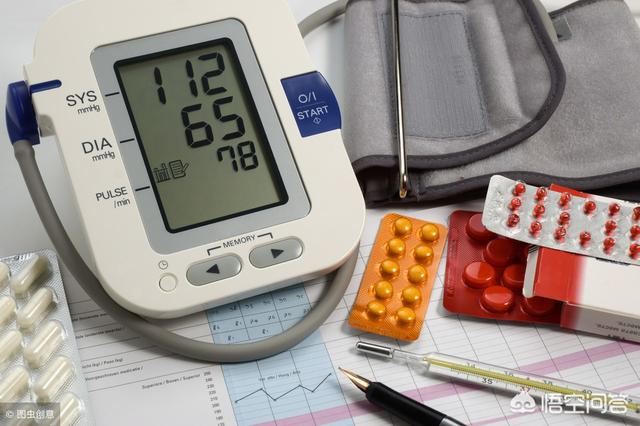
And if you are around 65 years of age and are already a friend with a diagnosed hypertension problem, it is important to assess the level of hypertension control attainment in conjunction with elevated blood pressure and other aspects of your body's cardiovascular disease risk profile.
If the blood pressure is mildly elevated, low pressure and high pressure are over the standard situation, it shows that your blood vessel elasticity is still good, you may try to control body weight, low-salt diet, light diet, adhere to sports and exercise, quit smoking and limiting alcohol, maintain a good work and rest, keep a calm state of mind, etc., to adjust the blood pressure level, if through the strict life conditioning of the blood pressure still can not be effectively controlled, it is recommended that supplemented with antihypertensive drugs to regulate the level of blood pressure, the degree of atherosclerosis is not serious for elderly hypertensive patients with cardiovascular disease risk can be set strict control goals. For elderly hypertensive patients whose atherosclerosis is not serious and whose risk of cardiovascular disease is not high, it is recommended that the goal of controlling blood pressure can be set more strictly. If the high pressure can be steadily controlled to between 121 and 129, and the low pressure can be controlled to less than 80, preferably to a level between 70 and 80, it is the level of blood pressure that has the greatest health benefits, and it can clearly reduce the cardiovascular risk and the risk of stroke brought about by high blood pressure. cardiovascular risk and stroke risk.
However, there are also a large number of elderly hypertensive people around 65 years of age who have high blood pressure with high systolic pressure alone, that is, high high pressure with normal diastolic pressure and a large pressure difference. In such a case, it is usually necessary to consider the more serious condition of atherosclerosis, and some other heart disease problems that lead to poor closure of the heart valves can also lead to high blood pressure with high high pressure but not high low pressure. For such cases, in addition to controlling the high pressure, but also pay attention to the low pressure should not be lowered too low, our blood pressure in the low pressure, is to maintain the heart diastole, the blood supply of the body's various organs of the important pressure, therefore, if in order to control the high pressure, the low pressure is lowered too low, on the contrary, it may be negatively affecting the health.
For such a large pressure difference, simply high pressure high situation, should be more emphasize the importance of life regulation, the previous talk about those life regulation, this situation of the elderly friends should be more strict implementation, life regulation for the regulation of blood pressure and health benefits are all-round, safer, and we take antihypertensive drugs, but often do not distinguish between high pressure and low pressure levels, but will make high pressure and low pressure at the same time down! Therefore, older people with such problems should be more careful with their medication and pay more attention to blood pressure monitoring.
In terms of blood pressure lowering goals, it is generally recommended that while keeping the low pressure above 60, if the high pressure can be kept below 130, it is the most desirable level. However, if this is not possible, it is worthwhile to relax the standard and it is good to be able to keep the high pressure below the attainment level of 140. For some senior citizens, it is also possible to relax this value to below 150.
We control high blood pressure, on the one hand, to control the blood pressure down, reduce the health hazards of high blood pressure on the body, but in choosing the level of blood pressure control, but also should consider the body's tolerance and health benefits, to be able to control the blood pressure up to the standard, at the same time, the body's health risks to minimize, health benefits to do the greatest, is a good value of blood pressure control.
Thank you! In fact, for the elderly over 65 years old, generally speaking blood pressure, if the systolic blood pressure, which is also known as high pressure as a standard, at about 120 ~ 130 mm Hg, diastolic blood pressure as a standard, 60 ~ 70 meters of mercury, it is roughly a relatively normal state. But also must be based on the actual situation for analysis and judgment, different people have different situations.
In fact, people on the age of blood vessel sclerosis after this is unavoidable, and blood vessel sclerosis may cause blood pressure abnormal state, such as relatively high blood pressure or pulse pressure difference, relatively small, etc. But it must be clear that this type of blood vessel abnormality or hardening of the blood vessel is not a clinical symptom. However, it must be clear that this type of vascular abnormality or vascular sclerosis, whether or not there are certain clinical symptoms, if there are certain clinical symptoms, such as cerebral blood supply deficiency or myocardial blood supply insufficiency of some of the manifestations, then at this time, the appropriate blood pressure is slightly higher is also a very good situation. For example, it is possible to maintain a systolic blood pressure of about 140 mmHg or even 150 mmHg. In this case, there may not be some special clinical manifestations for the time being, or to induce some other diseases, such patients have some cases of low blood pressure instead of inducing some adverse clinical symptoms, resulting in a more uncomfortable reaction. Of course, for such patients, active treatment of the primary disease is very necessary, that is to say, to clarify the specific disease, because sometimes the internal medicine drug treatment, or even surgery in order to reduce the risk of subsequent adverse nature of the cure.
So overall speaking high blood pressure is not terrible, must find the cause, in some cases there are some reasons can be completely to achieve the root cause, such as the most common obesity, or some people may have arterial stenosis body compensatory high blood pressure, some may also have pheochromocytoma caused by morbid high blood pressure. After the cause is clear, timely through the relevant treatment, can effectively achieve a cure, so hypertension is not terrible, find the cause is the most important.
Attention to matters in fact relatively more, for example, must lose weight, this is very important, especially for the body is currently already in the state of obesity, and combined with high blood pressure patients, if you can put the weight down, in many cases, the blood pressure can also achieve a very effective stabilization of the state, or even normal. Now people generally weight are fat, this is an undoubted fact, no matter what age, his body fat many are over the standard, so if you can really reduce the weight, can also be effective to reduce the occurrence of high blood pressure.
Then there is to control the mouth to open the legs, this is very necessary, control the mouth is not to eat some messy food, mainly to low-salt, low-fat, high-protein, the nature of the diet is mainly to open the legs is mainly to work out diligently, do not nestle in a small place every day and do not move, for example, there are people a day in the mahjong, only to eat when the body to move, so it is obviously not normal. In fact, there is no need to care about any special sports, like walking, jogging, yoga, tai chi, swimming and so on, these you just need to be regularly active, to maintain a healthy life, physical fitness are available.
So all in all high blood pressure is not terrible, the terrible thing is some ignorance of the state, I hope that everyone can be healthy, if there are other questions you can private message me!
[Professional doctor to answer your questions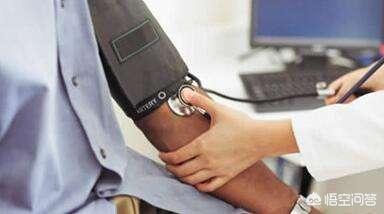 First of all, it can be said with certainty that blood pressure treats all people equally, as it does not affect the body differently depending on age. So, how does the level of blood pressure affect the body? Once you know this, you will know what level of blood pressure a 65 year old should keep.
First of all, it can be said with certainty that blood pressure treats all people equally, as it does not affect the body differently depending on age. So, how does the level of blood pressure affect the body? Once you know this, you will know what level of blood pressure a 65 year old should keep.
Blood pressure is the pressure on the walls of the blood vessels when the blood flows in the blood vessels, the blood vessels are like tires and the blood pressure is equivalent to the tire pressure. If blood pressure is too high, the blood vessels of young people will be damaged, and the damage to the blood vessels of the elderly who have aged will be even greater. Therefore, it is an objective fact that the blood pressure of the elderly will increase with age, but it does not mean that the blood pressure is high enough to cause no damage to the blood vessels, in fact, the damage will be even greater.
It can be seen that for the elderly to maintain normal blood pressure is a must, and even if it can be maintained at a lower level, the aging blood vessels have a better protective effect, there is a saying that "the age of the blood vessels is the life expectancy of the person", is to remind people: to maintain good blood vessels can really prolong life.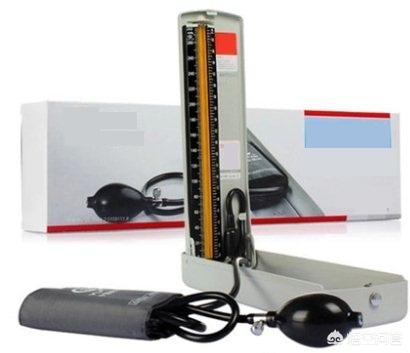
Medical research has confirmed: the ideal blood pressure is less than 120/80mmHg, not only the body's various functions are in the best state of operation, there will be no damage to blood vessels, if you can maintain at such a level is of course the most ideal; but people in old age, the aging of blood vessels is unavoidable, the blood pressure has a certain degree of elevation can not be prevented, and therefore can be maintained below 130/80mmHg, as far as possible, blood pressure damage to blood vessels should be minimized should be the goal of efforts to achieve; but in any case, the blood pressure control 140/90mmHg should be the minimum goal should be achieved. Therefore, to keep the blood pressure below 130/80mmHg and minimize the damage to blood vessels as much as possible should be the goal to be achieved; however, in any case, controlling the blood pressure at 140/90mmHg should be the minimum goal to be achieved.
Some people may say, people to old age blood pressure more than 140/90mmHg many people, is very natural, why must control down, is not nothing to find trouble? But has it ever occurred to you that high blood pressure will not be high because of the age of the blood vessels of the damage to the net open, indeed, some of the elderly blood pressure can not be forced to control at a lower level, the reason is that the blood vessels have more serious atherosclerosis, blood vessels have narrowed and blocked the flow of blood, if the blood pressure is too low will lead to insufficient blood supply, even if so, will be the systolic blood pressure control at 150mmHg or less is also a basic requirement. Even so, keeping the systolic blood pressure below 150mmHg is a basic requirement.
I hope this answer can help you, welcome to click on the attention and leave a message, together to learn and exchange more health knowledge.
At the age of 65, we have already entered the stage of old age, for this age group, due to the function of various tissues and organs of the body has gradually declined, the elasticity of blood vessels decreases, the risk of hypertension will be significantly higher than the young and middle-aged people, but in terms of the range of the normal blood pressure level and the diagnosis of hypertension, the elderly group, like the rest of the population, are demarcated by 140/90mmHg, where the range of the normal blood pressure is the systolic blood pressure ≥ 90mmHg and <140mmHg, diastolic blood pressure ≥60mmHg and <90mmHg.
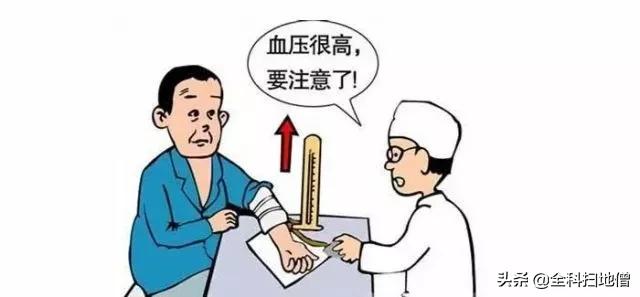
The diagnosis of hypertension in the elderly population, as in the rest of the population, is based on a systolic blood pressure of ≥140 mmHg and/or a diastolic blood pressure of ≥90 mmHg on three occasions not on the same day, without the use of antihypertensive drugs. Hypertension (here refers to primary hypertension) in the current medical conditions, there is no cure, belongs to the category of chronic diseases, need to be treated for a long time, it is recommended that the elderly population to control blood pressure within 140/90 mmHg, preferably within 130/80 mmHg, but for the elderly (especially those with a shorter life expectancy), can be appropriately relax the control target. In order to stabilize the control of blood pressure, people should pay attention to improving their lifestyle and taking medication regularly, as well as paying attention to monitoring and reviewing, so as to stabilize the control of blood pressure and reduce the occurrence of complications.
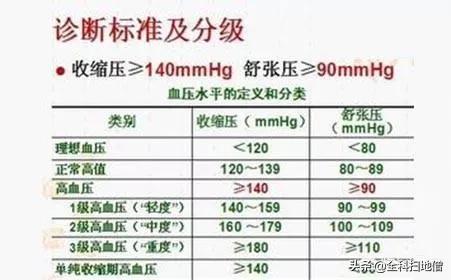
For the presence of hypertension in the elderly population, we should also pay attention to improve lifestyle, a good lifestyle can help us control blood pressure, reduce complications, we should pay attention to: ① low-salt diet, less smoked food, pickled food, etc., less soy sauce, MSG and other condiments; ② strict smoking cessation, avoid passive smoking; ③ restriction of alcohol, do not drink the best, if it is difficult to quit, you can drink red wine and other appropriate Low alcohol; ③ appropriate exercise, 5 to 7 days a week, more than half an hour each time, mainly aerobic exercise, exercise should be moderate, avoid strenuous exercise; ④ weight control, obese (including abdominal obesity) should pay attention to weight loss; ⑤ regular work and rest and maintain a good state of mind, avoid staying up all night, tiredness, emotional excitement and so on.
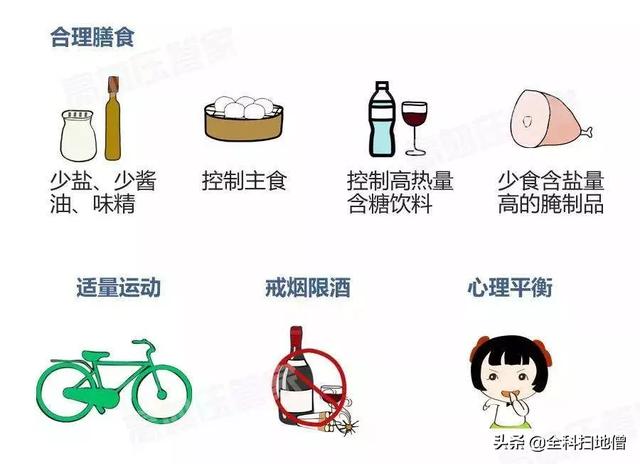
People in the improvement of lifestyle at the same time, but also under the guidance of the doctor reasonable use of drugs, drugs should be individualized, recommended long-term preparations, small doses to start, according to the blood pressure control situation to adjust the dose, if necessary, the use of composite preparations or joint medication. As the elderly are mostly dominated by elevated systolic blood pressure, the pulse pressure difference is often large, in the selection of blood pressure-lowering drugs, but also to pay attention to the selection, at the same time, lowering blood pressure should be slow, should not be lowered too quickly at a time. While we are on regular treatment, we should also pay attention to monitoring the changes in blood pressure levels and regularly, in order to understand the blood pressure control situation, make targeted adjustments and improve the quality of life.
In conclusion, the normal range of blood pressure is the same for the elderly population over 65 years old as for the rest of the age group, with 140/90 mmHg as the cut-off point. Once the diagnosis of hypertension is established, it is important to follow the guidance of a medical professional and standardize treatment to improve the quality of life.
I hope this article can help you, if you have any questions, welcome to leave a message at the end of the article and discuss together.
This article was originally written by General Practice Sweeper.
Follow @GeneralPracticeSweeper for more health information.
Blood pressure in the elderly is characterized by an increase in high pressure, a decrease in low pressure, and an increase in pulse pressure difference because of decreased vascular elasticity.
According to the latest edition of the Guidelines for the Management of Hypertension at the Primary Level, a normal person is hypertensive if his or her blood pressure is higher than 140/90 mm Hg when measured three times on non-same days.
This means that a person of 65 years of age can be diagnosed as hypertensive if the high pressure is higher than 140 or the low pressure is higher than 90 in three measurements on non-simultaneous days. Anything below this value is normal, which is in line with the characteristics of our population.
Of course, every country has different standards for hypertension. The blood pressure standards in Japan, Europe and the United States are a little bit lower than ours because their control compliance rate is quite high, for example, in Europe and the United States, their hypertension control compliance rate is very high, while our country's hypertension control compliance rate is quite low.
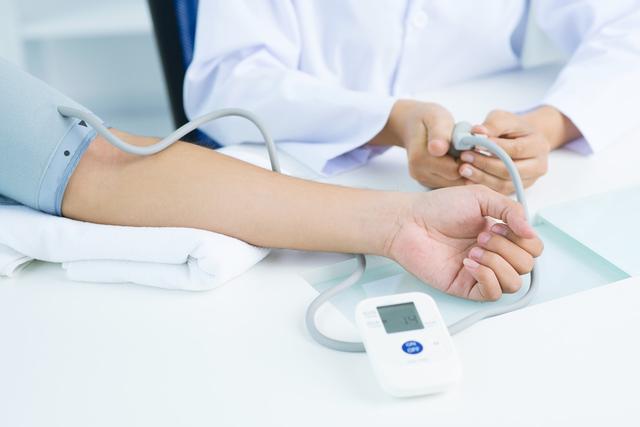
Elevated blood pressure, we need to lower blood pressure in a timely manner, lowering blood pressure to reach the standard for the fundamental, newly diagnosed patients if the blood pressure is not high can not be used first, the use of drugs to consider the price of medicines, is not acceptable to the patient, the key as long as the blood pressure can be controlled to reach the standard, the drug has fewer side effects, can be recommended for use.
If the initial diagnosis, blood pressure is not too high, and there are no complications, we can first carry out a healthy lifestyle intervention, that is, low-fat and low-salt diet, smoking cessation and alcohol restriction, appropriate exercise, a good state of mind, and then assessed after three months, whether the blood pressure is up to standard or not, and if the blood pressure can not be up to standard it is necessary to continue the healthy lifestyle at the same time the drug treatment.
Preferred long-acting medication for smooth blood pressure reduction. Long-acting medication is chosen because it is taken once a day, which prevents seniors from forgetting to take their medication.
Emphasize long-term treatment compliance selection of antihypertensive drugs comprehensive consideration of concomitant diseases, hypertension drug treatment requires long-term medication, like eating, this time the patient's compliance is very critical, if he does not cooperate, eat a few days do not eat a few days, it is difficult to control the blood pressure up to the standard, increasing the high-risk factors. At the same time, drug treatment should consider the patient's complications and other diseases to choose the appropriate antihypertensive drugs.
In hypertensive patients we also need antiplatelet and lipid-modulating therapy, and most hypertensive patients with dyslipidemia will need lipid-modulating drugs.
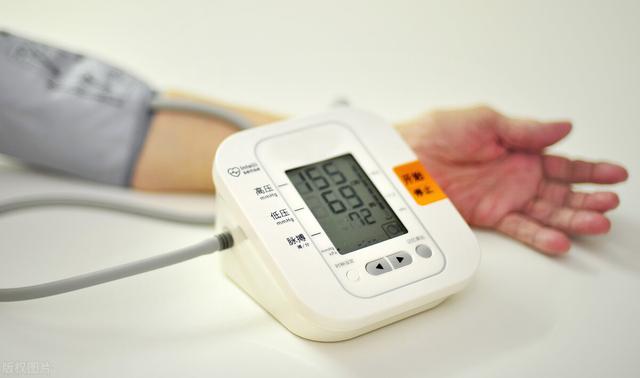
Antihypertensive goals in hypertensive patients
Under normal circumstances, the average hypertensive patient is reduced to 140/90mmHg or less, and if there are complications, such as combined diabetes or chronic kidney disease patients can be in 140/90mmHg may have to be lowered a little more.
For those aged 65 to 80 years, blood pressure is controlled below 150/90 mmHg and can be further reduced to below 140/90 mmHg if the patient can tolerate it.
Age ≥80 years antihypertensive goal is 150/90 mmHg or less.
Patients with comorbid diabetes or chronic kidney disease may be appropriately lowered from 140/90 mmHg.
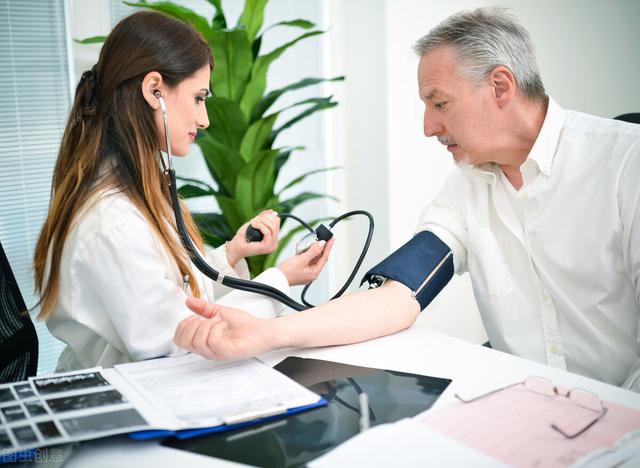
Timing of hypertension medication.
For hypertensive patients with systolic blood pressure <160mmHg and diastolic blood pressure <100mmHg, without the combination of coronary heart disease, heart failure, stroke, peripheral atherosclerotic disease, renal disease, or diabetes mellitus, the doctor can also suspend the administration of medication according to the condition and the patient's wishes, and use pure lifestyle intervention for up to 3 months, and then initiate medication if the standard is still not met.
Drug treatment we start with a drug treatment, gradually increase to the maximum dose, if the blood pressure still can not meet the standard and then add a second drug, can also be a drug treatment effect is not good, there is no need to add to the maximum dose, then add another drug.
Adding or increasing the dose of medication Note that the observation period is 2 to 4 weeks.
As long as the blood pressure is up to par and whichever medication is working for us we can use that medication for a long time.
Try to use the five major classes of antihypertensive drugs for which there is clear evidence of improved prognosis, namely ACEIs, ARBs, beta-blockers, calcium channel blockers, and diuretics.
In recent years, the fixed-dose combination of the above five categories of drugs has become a new mode of hypertension treatment due to the convenience of taking and the ease of long-term adherence, and is recommended for use.

Summarize: Normal people's blood pressure as long as non-same day three measurements of blood pressure high pressure is greater than 140, or low pressure is greater than 90 is high blood pressure. Regardless of whether the blood pressure is high or not, we need to carry out a healthy lifestyle intervention, that is, low-fat, low-salt diet, quit smoking, limit alcohol, adhere to the exercise, exercise intensity should be enough, preferably medium-intensity exercise, can be fast walking, jogging, each time to adhere to the 30 minutes, to maintain a good state of mind, so that we can stabilize our blood pressure, and if the blood pressure is normal, can also be avoided the occurrence of hypertension.
I am your friend, Xiaoxiao love health, this article spreads health knowledge, welcome to criticize and correct.
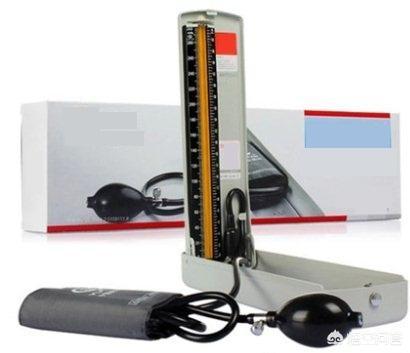
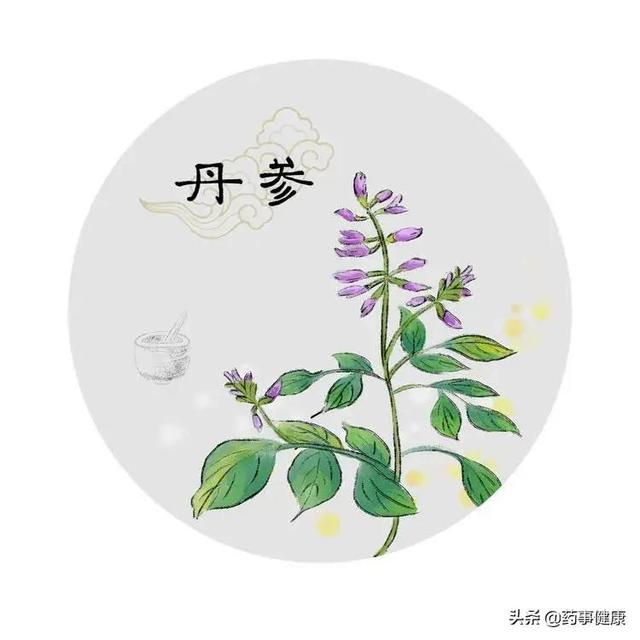
The normal value of blood pressure at the age of 65 is systolic blood pressure of 90-150 mmHg and diastolic blood pressure of 60-90 mmHg.
Some people may ask, general blood pressure normal value is 90 a 140mmHg, how do you say is 90 a 150mmHg? Said right, for 18 a 60 years old, blood pressure control in 90 a 140mmHg, 61 a 80 years old blood pressure control in 90 a 150mmHg.
People do not book the math to see, do not meet the standard does not stop repair, in special circumstances, the blood pressure value will sometimes remain high, to meet the cerebral blood supply is sufficient. But for most people, blood pressure control in the 140mmHg below, the United States of America on high blood pressure requirements are more stringent, there are experiments show that blood pressure control in 120/80mmHg is more conducive to the prevention of cardiovascular and cerebral vascular accidents, and thus there is hypertension, diabetes mellitus, high blood lipids, that is, in the past, there are strokes, cerebral hemorrhage, coronary artery disease, infarction, angina, and other cardiovascular and cerebral vascular disease patients, blood pressure control in the 90 a 130/60-90mmHg is more favorable.
Blood pressure is the main thing is to feel good about yourself, according to age and personal circumstances according to the normal value of control is good, feel comfortable with yourself, keep a good mindset, healthy lifestyle, relaxation of the self, with a word of the old Chinese medicine do not rush, blood pressure control, blood vessels, there are a hundred benefits rather than one harm.
Hello! The standard value for blood pressure is usually 120/80, and the same applies at age 65 in general.
Low blood pressure: between 60mmHg and 90mmHg
High pressure: between 90mmHg and 140mmHg
Note: Increased fitness, exercise, increased nutrition, and improved nutrition are primarily needed to keep the body in good shape.
What is normal blood pressure at age 65?
Normal blood pressure at age 65 is <120 mmHg systolic and <80 mmHg diastolic.
According to China's hypertension diagnostic criteria, systolic blood pressure <120 mmHg and diastolic blood pressure <80 mmHg are considered normal blood pressure; 120 mmHg ≤ systolic blood pressure <140 mmHg and/or 80 mmHg ≤ diastolic blood pressure <90 mmHg are considered high normal values; systolic blood pressure ≥140 mmHg and/or diastolic blood pressure ≥90 mmHg are diagnosed as hypertension. The above blood pressure criteria apply to adult men and women of any age.
Hypertension can cause damage to target organs such as the heart, brain, kidneys, and fundus. It causes hypertensive heart disease, multiple lacunar cerebral infarction, cerebral hemorrhage, renal insufficiency, retinal hemorrhage and exudation and other diseases. Active control of blood pressure can reduce the incidence and death rate of cardiovascular and cerebrovascular diseases caused by hypertension.
The development of hypertension is associated with a variety of factors, including genetics, high sodium intake, smoking, obesity, and stress. Controlling high risk factors is important to delay or minimize the onset of the disease. It is recommended that people with the above risk factors should pay attention to regular monitoring of blood pressure, improve bad lifestyle habits, and seek prompt medical attention when dizziness, headache, or stiffness in the neck occurs, so as to avoid delaying the disease.
This content was reviewed by Ni Xinhai, Chief Physician, Department of Cardiovascular Medicine, Fu Wai Hospital, Chinese Academy of Medical Sciences.
Click here for details of the doctor's answer
1. What is hypertension?
Hypertension is diagnosed if the systolic blood pressure is greater than or equal to 140 and/or the diastolic blood pressure is greater than or equal to 90 mmHg on three occasions not on the same day at rest.
2. What is normal blood pressure?
The ideal blood pressure is <120/80mmHg. Currently, our national regulations state that normal blood pressure is 90-139mmHg systolic and 60-89mmHg diastolic.
3. How often should I measure my blood pressure?
Hypertension is the most common cardiovascular disease and may jeopardize everyone's health, so healthy adults should have their blood pressure measured at least once a year. Patients with hypertension are advised to measure their blood pressure daily.
4. How to measure blood pressure?
There are two types of blood pressure measurement using mercury sphygmomanometers and home electronic sphygmomanometers, and the more popular and convenient home electronic sphygmomanometers are commonly used to measure hypertension or for blood pressure monitoring in normal times.
5. How many people have high blood pressure?
There are at least 200 million hypertensive patients in China, and two out of every five adults suffer from hypertension. Every year, 10 million new cases of hypertension occur in China.
6. What are the dangers of high blood pressure?
Long-term elevated blood pressure can cause hypertensive encephalopathy, coronary heart disease, heart failure, stroke, fundus hemorrhage, and kidney failure.
7. Does high blood pressure always have symptoms?
Not necessarily. Patients with high blood pressure often have no obvious symptoms in the early stage, which is known as the "silent killer" of human health. No dizziness, headache and other discomforts, can not be assumed that there is no high blood pressure. Only by measuring your blood pressure can you have a clear picture of what's going on.
8. Do you need to take medication for high blood pressure without symptoms?
Need to take medication. Due to the lack of obvious symptoms, many hypertensive patients refuse antihypertensive treatment or fail to take antihypertensive medication regularly, which can lead to cardiovascular and cerebrovascular events.
9. What are the benefits of early control of hypertension?
The earlier hypertension is detected, and the earlier it is treated and controlled, the less damage it causes to the cardiovascular system and other organs. Controlling blood pressure can result in a 35-40 percent reduction in the incidence of stroke; a 20-25 percent reduction in myocardial infarction; and a more than 50 percent reduction in heart failure.
10. Who is prone to hypertension?
People who are obese, have a high-salt diet, and abuse alcohol are prone to hypertension; weight control, salt restriction, and alcohol restriction are effective measures to prevent and treat hypertension.
11. What is the relationship between weight and hypertension?
Overweight and obese people suffer from high blood pressure at a rate 3 to 4 times that of normal weight people.
12. Why is it important to control sodium intake?
A high-salt diet is an important risk factor for hypertension, and the prevalence of hypertension tends to be higher in hypertensive populations in areas with a high-salt diet (e.g., the North).
13. Is excessive alcohol consumption associated with hypertension?
Excessive alcohol consumption can increase blood pressure, and men who drink alcohol consistently have a 40% increased risk of developing high blood pressure over a 4-year period compared to non-drinkers.
14. Is smoking associated with high blood pressure?
Smoking a cigarette can increase systolic blood pressure by 20 to 25 mmHg. Smoking also affects the efficacy of antihypertensive drugs. People with hypertension should quit smoking.
15. What are the healthy lifestyles?
A healthy lifestyle includes: not smoking; adhering to a moderate amount of physical activity; eating a sensible diet, appropriately restricting the intake of sodium and fat, and increasing the intake of vegetables and fruits; moderating the consumption of alcohol; maintaining a normal body weight; and keeping a happy mood.
16. Does hypertension require long-term medication?
Hypertension is a chronic disease, and most patients need to take regular long-term antihypertensive drugs to control their blood pressure.
17. Can hypertension be cured?
There is currently no international drug to cure hypertension. Controlled-release form of antihypertensive drugs only need to be taken orally once a day to achieve long-term, smooth reduction of blood pressure.
Ref: Chinese Guidelines for the Prevention and Treatment of Hypertension, 2019 Edition
I am a patient with a 35-year history of hypertension, 60 years old this year, the root of the drama over the years of personal experience, always give the following examples of a few, a, 60 years old, the general blood pressure to maintain in 130 a 140c, about the normal, it is worth noting that the elderly patients with high blood pressure, must often be careful to guard against constipation:, bowel dryness, such as these two, it is worth paying attention to and prevention to prevent blood pressure brought about by the dryness of bowel dryness It is worthwhile to pay attention to and prevent the blood pressure and vascular bleeding brought about by the dry stools. The stool passes all the way.
This question and answer are from the site users, does not represent the position of the site, such as infringement, please contact the administrator to delete.